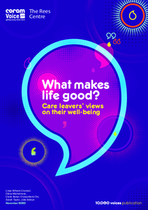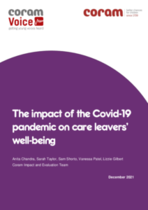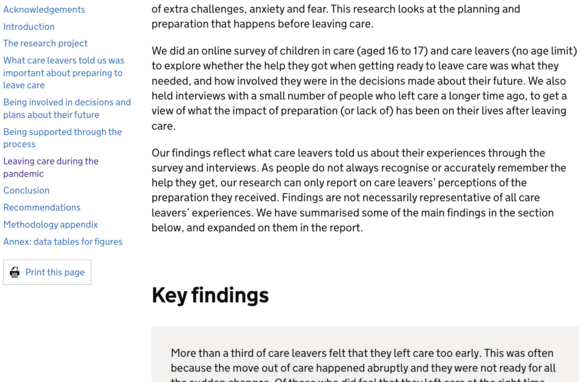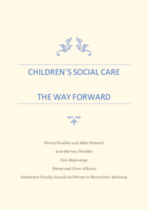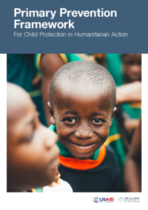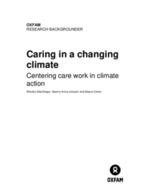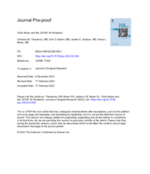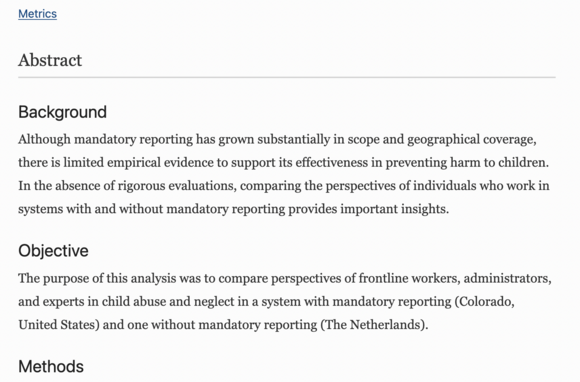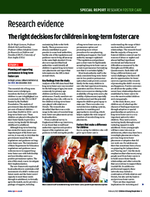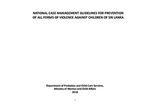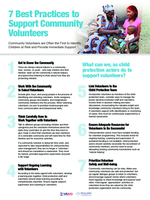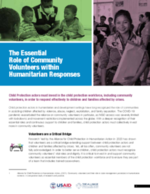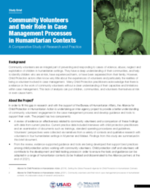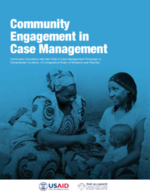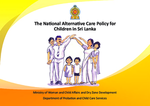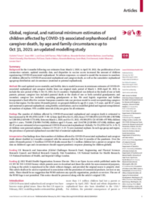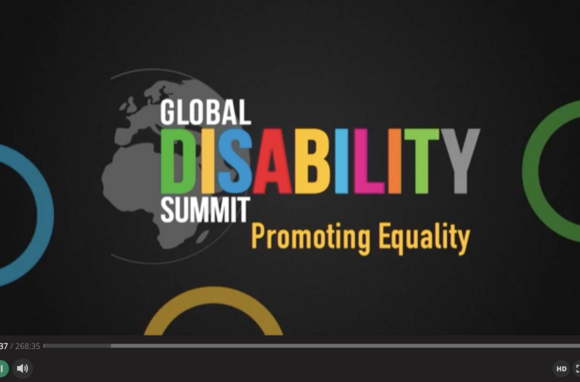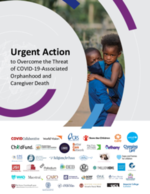Anita Chandra, Sarah Taylor, Sam Shorto, Vanessa Patel, Lizzie Gilbert - Coram Impact and Evaluation Team
This report is a follow up to the ‘What Makes Life Good?’ report published in 2020 about the views of care leavers on their well-being, using pre-pandemic data collected between 2017 and 2019 through the Your Life Beyond Care survey. In this follow-up report, the authors compare the ‘What Makes Life Good?’ pre-pandemic data from 1,804 care leavers to data from 2,476 care leavers in 2020 to 2021, since the start of the COVID-19 pandemic. This has allowed them to identify priority areas that have emerged recently. Care leavers aged 16 to 25 were asked the same questions at both time points; about their living arrangements and safety, financial well-being, relationship with care workers, emotional support, stress, loneliness, overall well-being, and more.

